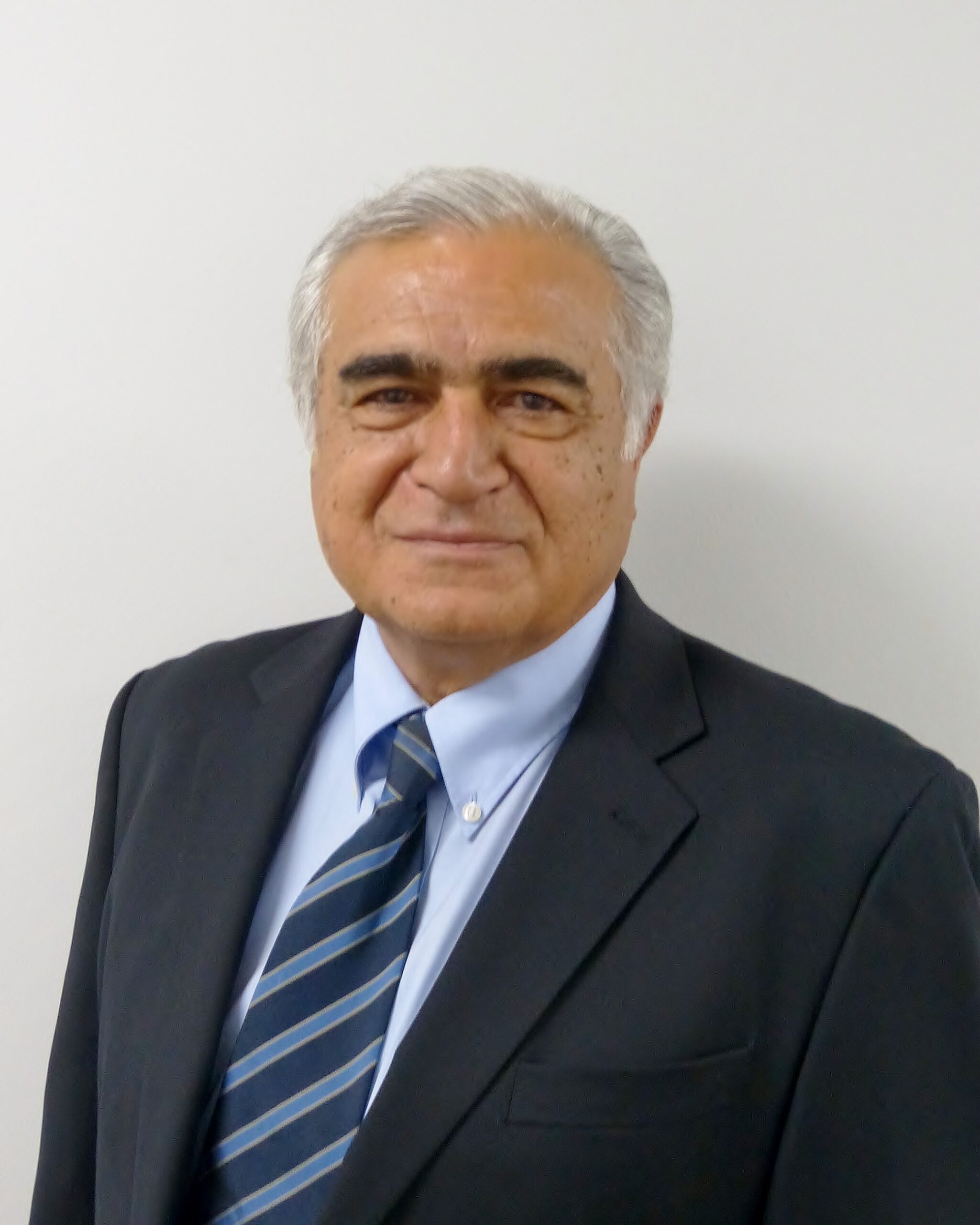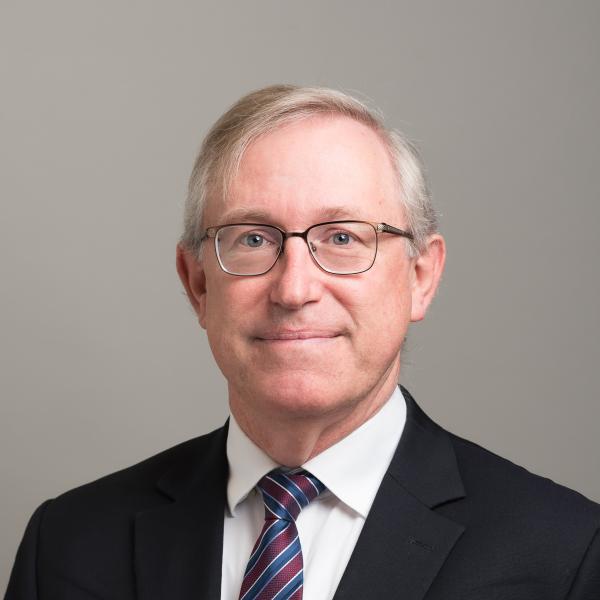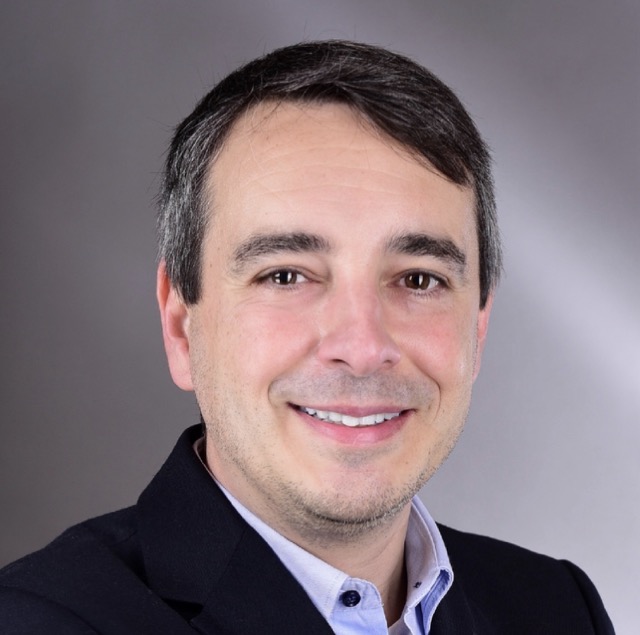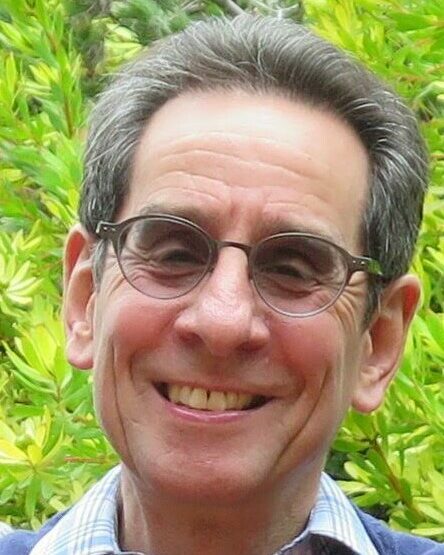Academic Keynote Speakers:

|
Dariush Divsalar
Modern Coding and the Space Program
Dariush Divsalar received the Ph.D. degree in electrical engineering from UCLA, in 1978. Since then, he has been with NASA’s Jet Propulsion Laboratory (JPL), California Institute of Technology (Caltech), Pasadena, where he is a Fellow. At JPL, he has been involved with developing state-of-the-art technology for advanced deep-space communications systems and future NASA space exploration. He is an adjunct professor at the UCLA Department of Electrical and Computer Engineering. He has taught graduate courses in communications and coding at UCLA and Caltech since 1986. He has published more than 300 technical papers, coauthored a book, contributed to three other books, and holds 30 U.S. patents. Dr. Divsalar was a co-recipient of the 1986 paper award of the IEEE Transactions on Vehicular Technology. He was also a co-recipient of the joint paper award of the IEEE Information Theory and IEEE Communication Theory societies in 2008. The IEEE Communication Society has selected one of his papers for inclusion in a book entitled The Best of the Best: Fifty Years of Communications and Networking Research. He served as an Editor for the IEEE Transactions on Communications from 1989 to 1996. A fellow of IEEE since 1997. He has received over 50 NASA Tech Brief awards, a NASA Exceptional Engineering Achievement Medal in 1996, IEEE Alexander Graham Bell Medal in 2014, an Ellis Island Medal of Honor in 2023, and a NASA Distinguished Public Service Medal in 2023. He was elected to the National Academy of Engineering in 2024. |
 |
Frank Kschischang
Coding for Fiber-Optic Communications
Abstract: Error-control coding schemes for fiber-optic communication
systems are challenged by the high data rates that must be achieved,
necessitating low-complexity, yet performant, solutions. This talk
will review some of the approaches that are being proposed (and taken)
to achieve beneficial trade-offs between code performance and decoding
complexity, both in long-haul telecommunications applications and in
shorter-length optical interconnects.
|
 |
Gianluigi Liva
Massive Random Access: A Coding Theory Perspective
Abstract: In this talk, we present a survey of recent progress in the development of random access
protocols for large-scale wireless networks. We highlight the pivotal role of coding theory in the
design of modern random access schemes, starting from sparse graph models that have been
instrumental in optimizing the performance of Aloha-like protocols. The unsourced multiple access
(UMAC) paradigm is then introduced, revealing new challenges that can be effectively addressed
through a coding-theoretic lens.
|

|
Henry D. Pfister
Quantum Error Correction: Overview and Recent Results
Abstract: Spurred by recent advances in quantum science and engineering, interest in quantum information and coding has been increasing at a rapid pace. Much of this interest is driven by the promise of quantum computing and its potential to solve some problems much faster than classical computers. But, there are many other interesting problems that combine error-correcting codes and quantum information. In this talk, we will discuss both coding for quantum computing and coding for classical quantum channels. The focus will be on interesting connections between these two problems and the construction of efficient decoding algorithms for both. A key role will be played by belief propagation both the well-known classical algorithm and the lesser known version with quantum messages.
|

|
Galen Reeves
Reed Muller Codes Achieve Capacity: Binary, Non-binary, and Beyond |

|
Paul Siegel
Coding Theory, Memory, and AI: A Harmonious Trio
Abstract: For more than three quarters of a century, coding theory and
computer memory technology have shared a virtuous cycle
of mutual progress. Novel physical mechanisms for storing
information have inspired the development of new coding
methods that, in turn, have enabled the realization of these
memory paradigms in increasingly capable data storage
systems. The recent renaissance of machine learning has
added another dimension to this relationship. In this talk,
we will survey evolving trends in the harmonious interplay
of coding theory, memory, and AI. Examples include coding
techniques optimized by machine learning that ensure the
functional correctness of advanced AI models, analog error-
correcting codes that enhance reliability of memory-based AI
accelerators, neural-assisted decoding algorithms that
improve the robustness of storage devices, and generative
AI models that facilitate performance prediction and code
optimization in complex memory systems.
Prof. Siegel was a Member of the Board of Governors of the IEEE Information Theory Society from 1991 to 1996 and from 2009 to 2014. He was a co-recipient of the 1992 IEEE Information Theory Society Paper Award, the 1993 IEEE Communications Society Leonard G. Abraham Prize Paper Award, and the 2007 Best Paper Award in Signal Processing and Coding for Data Storage from the Data Storage Technical Committee of the IEEE Communications Society. He served as an Associate Editor of Coding Techniques of the IEEE Transactions on Information Theory from 1992 to 1995, and as the Editor-in-Chief from 2001 to 2004. He served as a Co-Guest Editor of the 1991 Special Issue on “Coding for Storage Devices” of the IEEE Transactions on Information Theory. He was also a Co-Guest Editor of the 2001 two-part issue on “The Turbo Principle: From Theory to Practice” and the 2016 issue on “Recent Advances in Capacity Approaching Codes” of the IEEE Journal on Selected Areas in Communications. More recently, he was Co-Lead Guest Editor of the 2023 issue on “Dimensions of Channel Coding (Special Issue in Memory of Alexander Vardy)” of the IEEE Journal on Selected Areas in Information Theory and the Lead Guest Editor of the two-part 2023 special issue on “Information Theory and Data Storage” of IEEE BITS, the Information Theory Magazine. Most recently, he was a Co-Guest Editor of the 2024 special issue on “Plenty of Room at Bottom: Ten Years of DNA-Based Data Storage” of the IEEE Transactions on Molecular, Biological, and Multi-Scale Communications. |